Diplomacy for energy
Guillaume Cassaigneau heads the International Affairs section of the Swiss Federal Office of Energy (SFOE), following the retirement of Jean-Christophe Füeg. At 39, this is not his first stint at the SFOE. Energeiaplus wanted to know how he approaches this new challenge, his career path and his motivations for the coming years.
Energeiaplus: Are you familiar with the SFOE?
Guillaume Cassaigneau: Yes indeed, I worked in this same section from 2013 to 2016 as part of my first diplomatic post, following my diplomatic training in Baku, Azerbaijan. I was diplomatic adviser to Benoit Revaz's predecessor, Walter Steinmann.
(see article Energeiaplus: Fünf Fragen an Guillaume Cassaigneau - October 2015)
I am now responsible for foreign energy policy, and in this capacity I work closely with the various entities of the federal administration, including the State Secretariat for Economic Affairs (SECO),
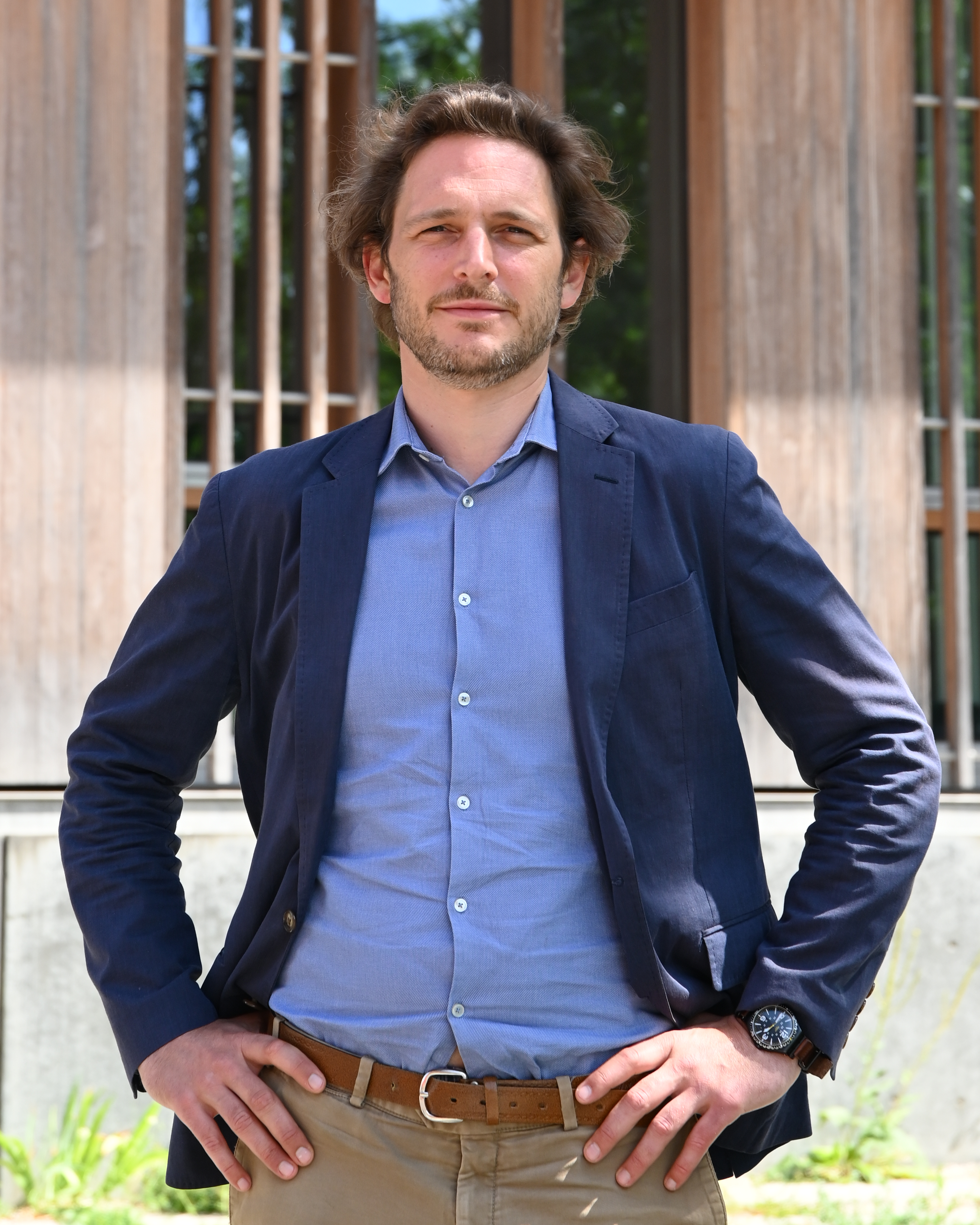
Guillaume Cassaigneau ist neu zuständig für das Internationale im Bundesamt für Energie. Bild: BFE
the Federal Office for National Economic Supply (FONES), the Federal Office for the Environment (FOEN), the Federal Department of Foreign Affairs (FDFA) and the foreign embassy network. I advise the Director of the SFOE and the Federal Councillor in charge of the Department of the Environment, Transport, Energy and Communications (DETEC) on all international energy issues.
Why did you (re)join the SFOE?
Since I left in 2016, my professional and private life has evolved, and I've gained even more experience abroad on development projects, as well as in multilateral diplomacy and human resources management. I was responsible for the recruitment and training of diplomats at the FDFA, and I also worked outside the federal administration at the commodities traders' umbrella association on issues of corporate responsibility.
An economist by training, I have always had a passion for geopolitics, and the field of energy brings these two subjects together.
A good diplomat is a good negotiator. Does energy negotiate well?
It negotiates very well, but negotiations are not always the easiest. Because of its geographical position and lack of raw materials, Switzerland is dependent on foreign countries for its energy supplies. This interdependence makes energy negotiations both necessary and varied.
How many languages does a good negotiator speak? Russian? Chinese? How many languages do you speak?
Actively four, plus Swiss German. Besides French, which is my mother tongue, English, German, Italian and Spanish. I know two Chinese expressions, but I was more exposed to Russian because of my stay in Azerbaijan during my diplomatic training.
Although China and Russia are major players on the energy scene, knowledge of these languages is not essential, as these countries prefer to work and negotiate with trusted interpreters.
Your position requires you to travel a lot. What's your best travel memory?
A non-business trip I made when I was stationed in Azerbaijan. I was lucky enough to cross Iran by car, entering at the Astara border crossing and passing through the holy city of Qom, the capital Tehran, the desert city of Yazd and Isfahan. I had direct contact with the local population, and was invited to visit the famous mausoleum in Qom, which I will never forget.
And the worst part?
In East Asia, in Taiwan and Hong Kong. Temperatures and humidity were extreme. Our delegation was cooped up all day in super-cooled rooms for various meetings. The temperature differences made it difficult to manage the fifteen-strong Swiss delegation.
What's your role in Switzerland's zero CO2 emissions objective?
Achieving this goal also requires major negotiations on Switzerland's part and exchanges of experience. I'll be leading negotiations with the European Union on the electricity agreement. Discussions will also focus on the integration of the electricity market and the decarbonization of the European electricity fleet. My role is also to contribute to the Office's work on hydrogen, particularly to ensure that Switzerland is included in the future European infrastructure.
What's the biggest challenge ahead for international energy policy?
Recent and future technologies have created a need for new raw materials. Reserves of these materials were not yet considered critical. These are known as "critical minerals".
These elements form the basis of metals used in batteries, semiconductors, wind turbines, hybrid vehicles and power grids, for example. These raw materials represent a major challenge for the energy transition.
Water acquisition and management too. In the energy sector, if we don't have enough water, in addition to reducing hydroelectricity production, it prevents the transport of raw materials on the Rhine, for example. Water is also crucial for cooling our nuclear power plants and, in the immediate future, for cleaning solar panels to optimize their performance.
What are your objectives for the coming years?
If I had to name just one objective, I'd say the potential resumption of negotiations for an electricity agreement with the European Union.
Sandrine Klötzli, Communications, Swiss Federal Office of Energy
Photo:BFE
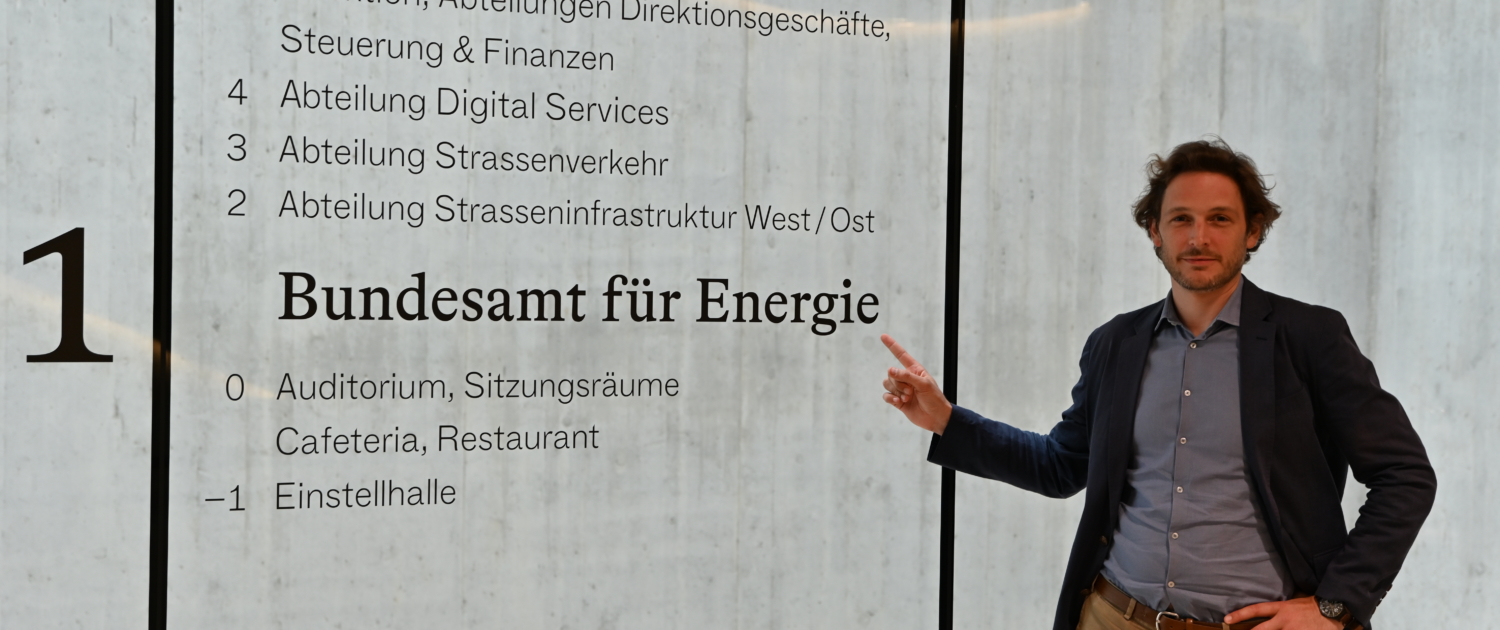 BFE
BFE
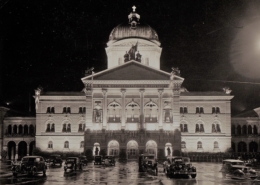 Parlamentsdienste 3003 Bern90 Jahre Bundesamt für Energie: Wie der steigende Stromexport 1930 zu seiner Gründung führte
Parlamentsdienste 3003 Bern90 Jahre Bundesamt für Energie: Wie der steigende Stromexport 1930 zu seiner Gründung führte 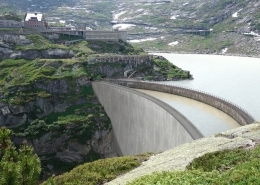 David OrmerodUn nouveau barrage pour remplacer l’ancien au Grimsel
David OrmerodUn nouveau barrage pour remplacer l’ancien au Grimsel 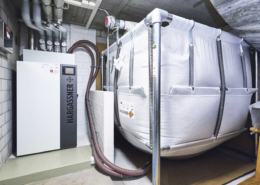 EnergieschweizUtilisateurs de pellets tout feu tout flammes
EnergieschweizUtilisateurs de pellets tout feu tout flammes 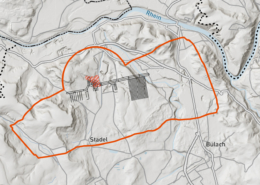 NagraDas geologische Tiefenlager schützen
NagraDas geologische Tiefenlager schützen 

 Shutterstock
Shutterstock
Neuste Kommentare